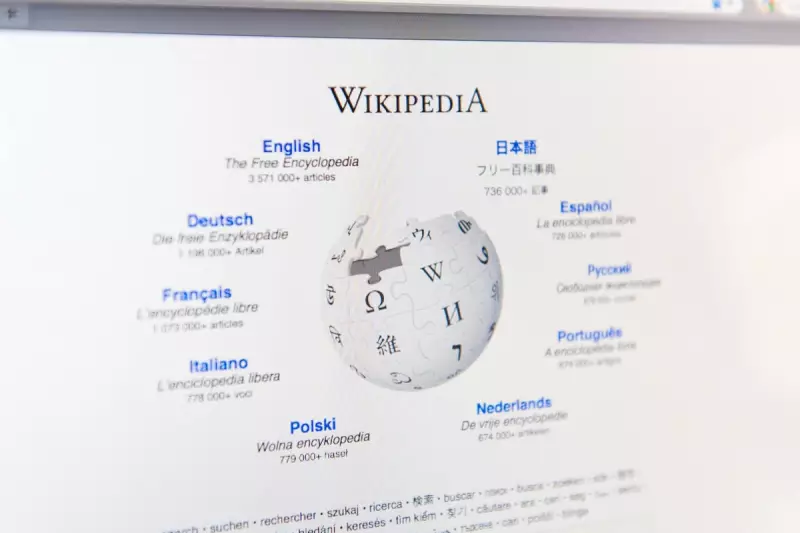
The Wikimedia Foundation, the non-profit behind Wikipedia, has taken the UK government to court over its controversial Online Safety Act, claiming the legislation could severely undermine freedom of expression online.
In a landmark High Court challenge filed this week, Wikimedia argues that the Act's requirements for content moderation create an 'unacceptable risk of censorship' that could force the online encyclopedia to monitor or remove lawful content.
What's at stake for Wikipedia?
The case centres on whether Wikipedia should be classified as a 'Category 1' service under the Act, which would subject it to stringent content moderation obligations designed primarily for commercial social media platforms.
Wikimedia maintains that as a non-commercial platform run by volunteers, Wikipedia operates fundamentally differently from services like Facebook or TikTok. The organisation warns that complying with the Act's requirements could fundamentally alter Wikipedia's open editing model and community-led approach to content.
Government defends online safety measures
The Department for Science, Innovation and Technology has stated that the Online Safety Act aims to protect users from harmful content while maintaining freedom of expression. A government spokesperson said: 'We've been clear that protections must be proportionate to the risks posed.'
However, digital rights groups have rallied behind Wikimedia's challenge, with critics arguing the Act gives regulators too much power to dictate what constitutes acceptable online speech.
The broader implications
Legal experts suggest this case could set important precedents for how internet regulation balances safety concerns with fundamental rights. The outcome may influence similar legislation being considered in other countries.
The High Court is expected to hear the case later this year, with digital rights advocates watching closely as this battle between online safety and free speech unfolds.





